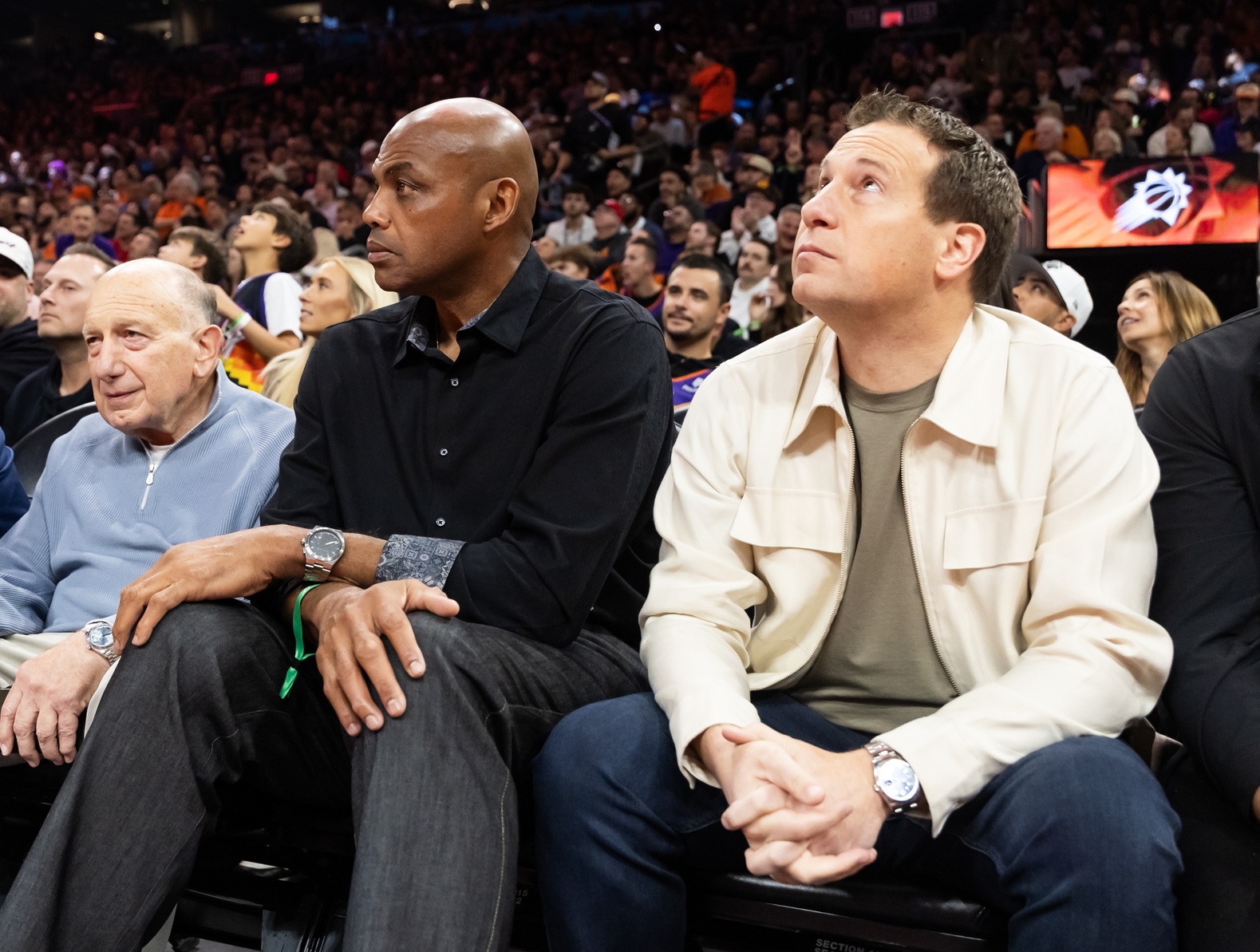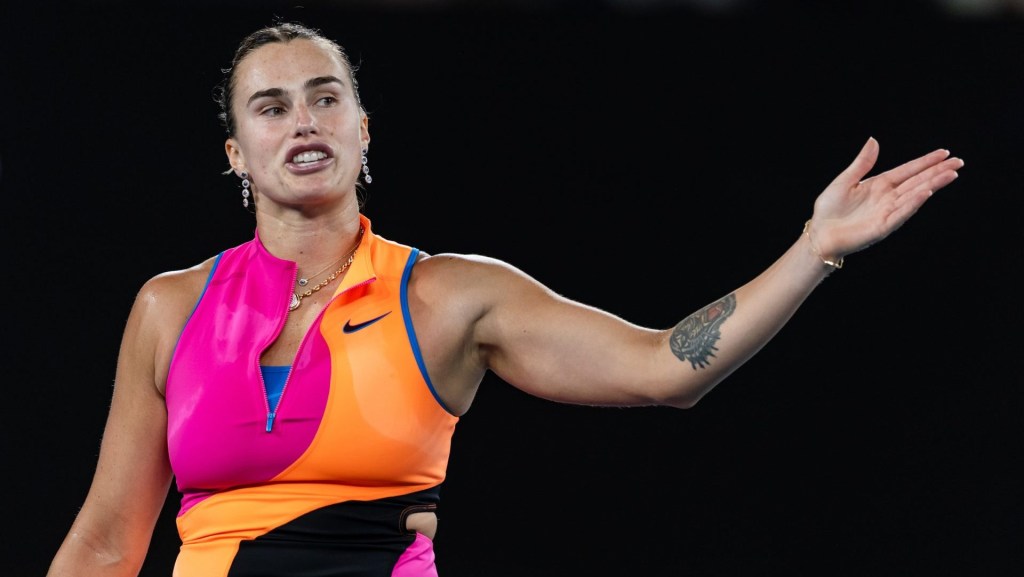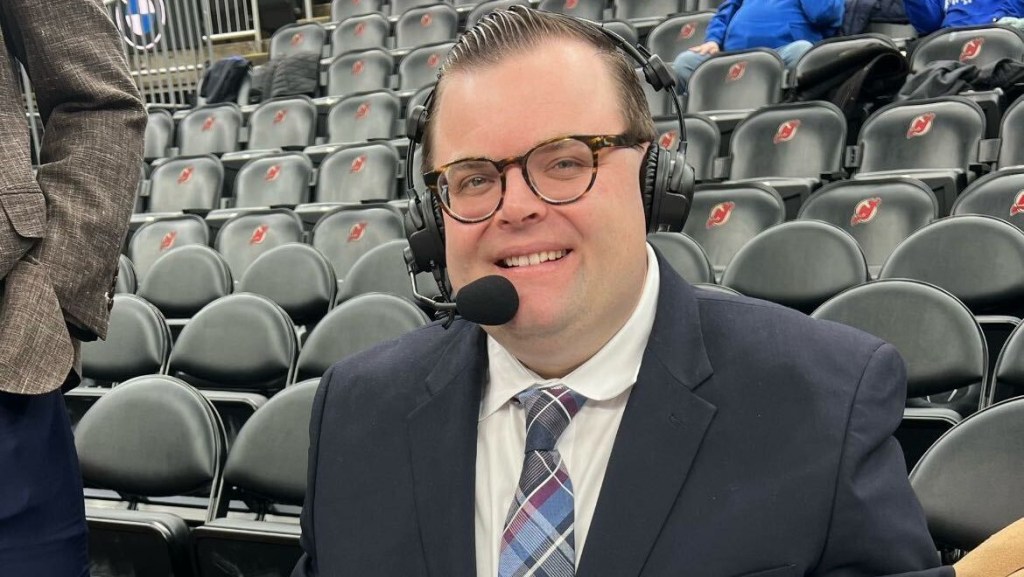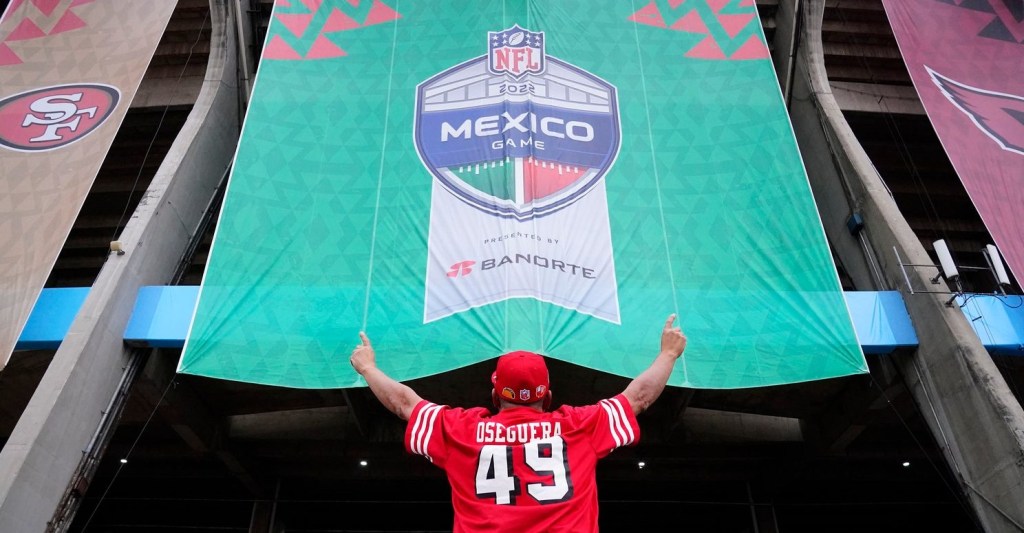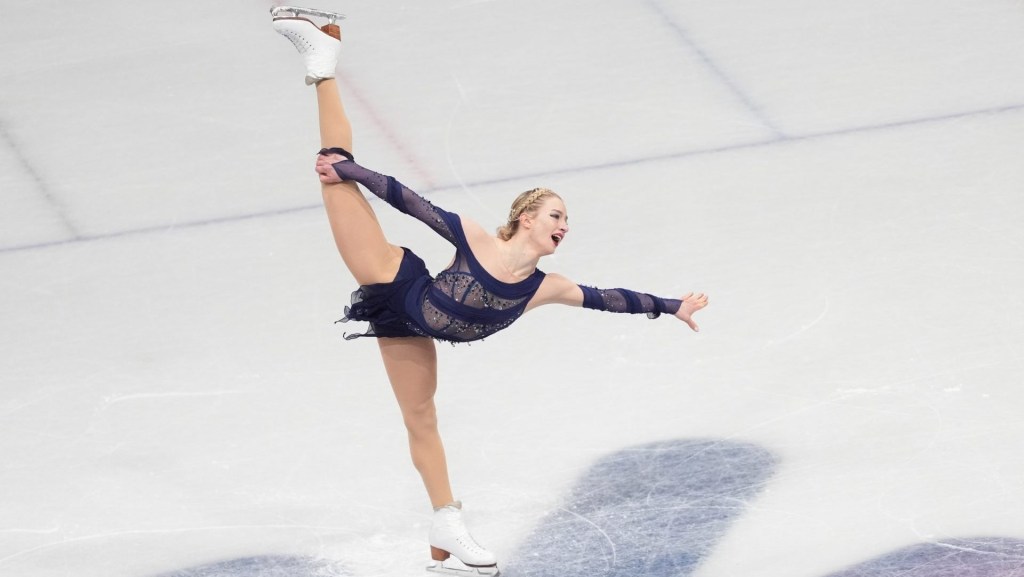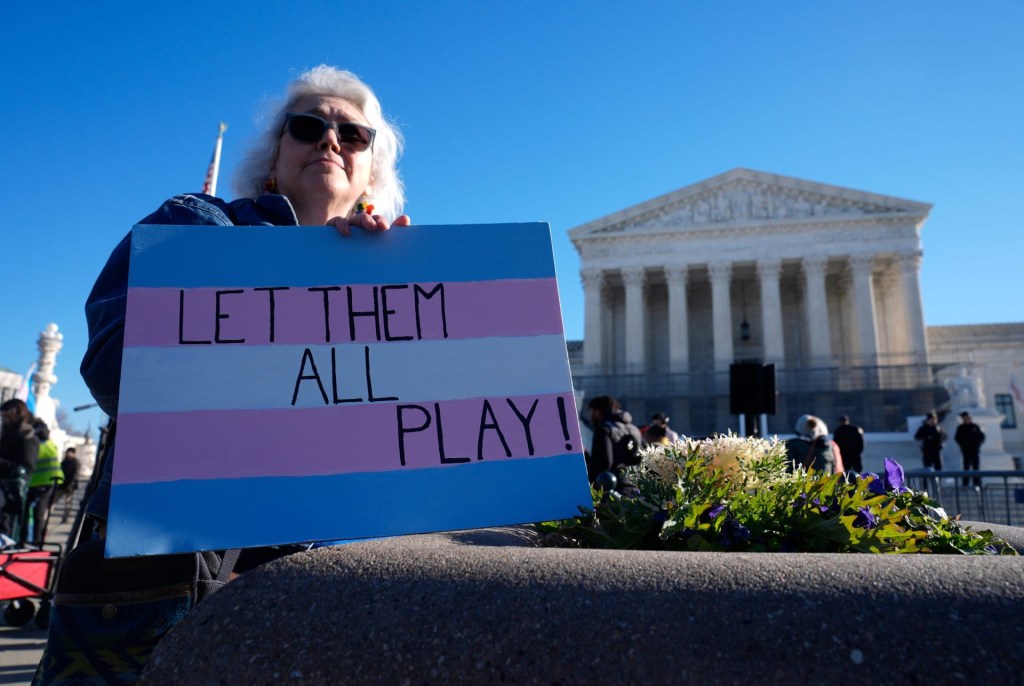Two Suns minority owners claim majority owner Mat Ishbia has committed fraud by using the team as his “personal piggy bank,” and allege he failed to fund a recent capital call on time. The Suns say it’s a “shameless shakedown dressed up as legal process.”
Monday’s explosive filing is the latest escalation in a legal feud that began this summer when Kisco WC Sports II and Kent Circle Investments filed a “books and records suit” against Suns Legacy Holdings LLC—which owns the Suns and Mercury—in the Delaware Court of Chancery. Kisco is led by Andrew Kohlberg, a former professional tennis player who now runs a senior living business and has been a limited partner in the Suns since 2004, while Kent Circle is led by Scott Seldin, who has an Arizona-based real estate business.
That August suit alleged mismanagement, conflicts of interest, and a lack of required transparency from Ishbia. Ishbia countersued last month. The minority owners dropped their suit a few days later, although their attorney said the reason was that they “succeeded” in obtaining certain information.
Now, in an answer to Ishbia’s suit, the minority owners claim Ishbia has engaged in fraud, and that he failed to meet the deadline to fund a June 2 capital call requesting additional money from investors, which is at the heart of the original lawsuit. In addition to fraud, the minority owners claim breaches of contract and fiduciary duty.
The Suns are adamant that the minority owners are upset because they tried, unsuccessfully, to get Ishbia to buy them out at a premium.
“This isn’t a lawsuit; it’s a shameless shakedown dressed up as legal process,” a Suns spokeswoman said in a statement to Front Office Sports.
The minority owners allege Ishbia missed the deadline he set for the June 2 capital call and tried to hide it from other owners. They say he eventually “partially” funded his share on June 9 by converting a prior loan into equity.
According to the filing, Ishbia did not disclose the missed funding because the company operating agreement would have required him to offer minority owners the opportunity to buy units he failed to fund—potentially diluting his own stake.
Michael Carlinsky of Quinn Emanuel Urquhart & Sullivan LLP, attorney for the minority owners, said in a statement that “we believe the evidence will show that Mr. Ishbia contrived a scheme to threaten our clients with massive dilution of their interests in the Suns if they failed to fund a capital call within ten days’ notice, while at the same time hiding his own failure to fund by the deadline.”
“We believe this scheme backfired and will result in a substantial reduction of Mr. Ishbia’s interest in the Suns,” Carlinsky added.
A spokesman for Ishbia tells FOS the minority owners’ framing isn’t accurate, saying his contribution was “timely,” and that their “whole argument comes down to a nonsensical rejection of money that he contributed through an appropriate debt to equity conversion.”
“There is a much smaller amount of money that was contributed by Mat’s family that they’re attempting to argue was late, but we intend to show that even that smaller portion of the fund was contributed in accordance with the contract, and documentary evidence will confirm this,” the spokesman says.
The filing also alleges multiple instances of self-dealing, including a loan to the team at above-market interest rates, and the sale of arena naming rights to his own company, United Wholesale Mortgage, without informing minority owners. The arena is now called the Mortgage Matchup Center, under a 10-year, nearly $115 million deal announced last month.
These and other examples are used to illustrate the claim that he has used the team as a “personal piggy bank.”
The Suns spokeswoman disputed that notion, saying he has “put hundreds of millions of his own dollars into the team and community.” The team points to examples like the introduction of a $2 value menu for both NBA and WNBA home games and a new local media-rights agreement to broadcast games for free for at least the next two seasons.
The team also pushed back on criticism of the naming rights deal, saying it is “one of the largest in the NBA and is no different than what other owners have done.”
The suit says the Suns have struggled both on and off the court under Ishbia’s ownership. The team hasn’t lived up to expectations in recent seasons, particularly after acquiring Kevin Durant and Bradley Beal, both of whom are no longer with the team. This year, however, Phoenix is off to a hot start with an 11–6 record heading into Monday night’s matchup against the Rockets.
“Kohlberg and Seldin want to drag the organization backward, and they openly admit in this filing that investing in the team and its fans ‘makes no business sense,’” the Suns spokeswoman said.
